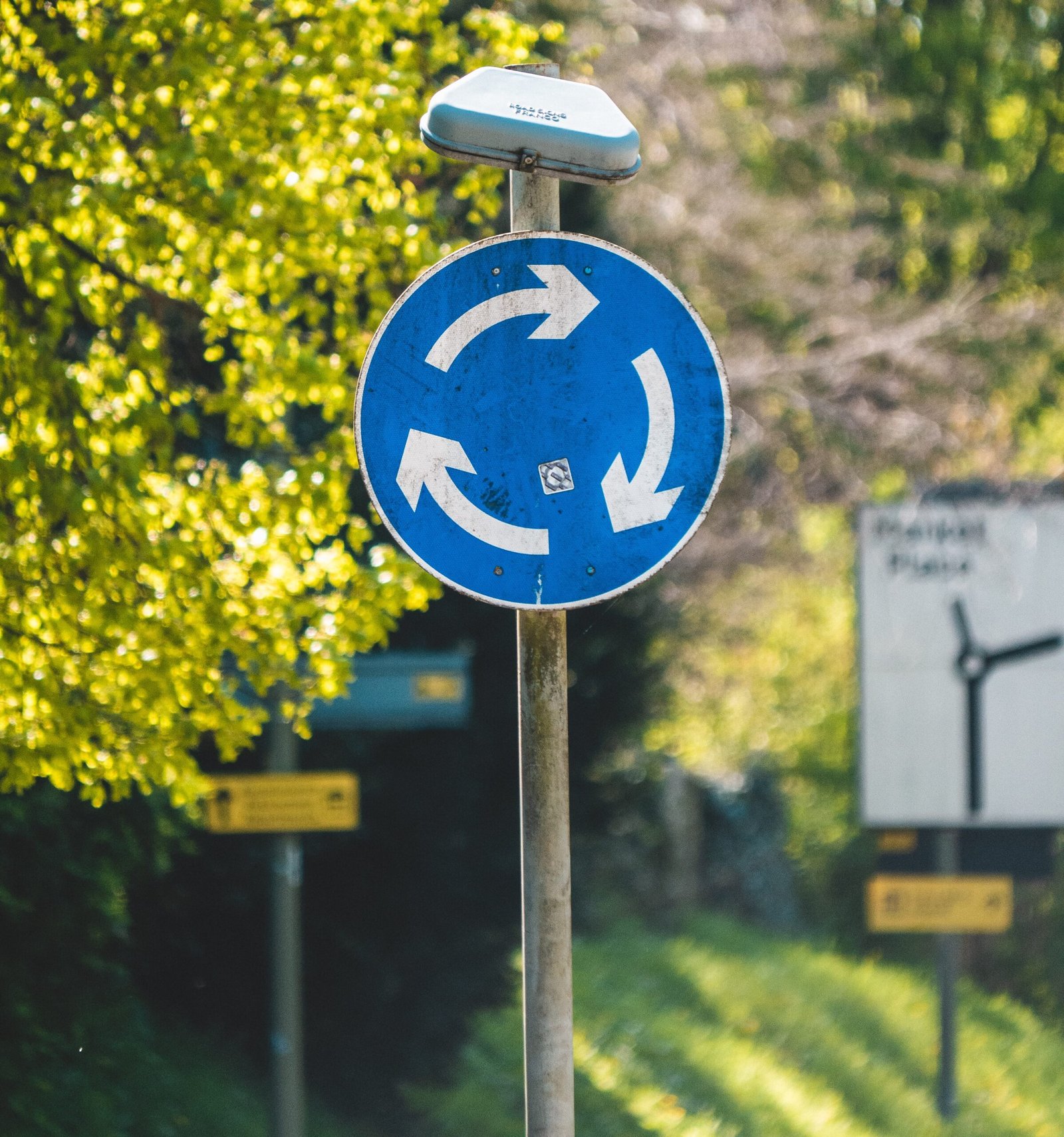In today’s world, where environmental concerns are at the forefront, the concept of a circular economy has gained significant attention. A circular economy aims to reduce waste and promote sustainability by designing products, systems, and processes that prioritize reuse, recycling, and regeneration. In this blog post, we will shed light on the latest trends in reducing waste globally and highlight the positive impact of adopting a circular economy mindset.
The Rise of Circular Economy
The traditional linear economy model, which follows a “take-make-dispose” approach, has proven to be unsustainable. It leads to the depletion of natural resources, increased pollution, and a growing waste problem. The circular economy offers a viable solution by closing the loop and minimizing waste generation.
One of the key trends in the circular economy is the shift towards a more sustainable and circular product design. Companies are now focusing on creating products that are durable, repairable, and recyclable. This approach not only reduces waste but also extends the lifespan of products, resulting in cost savings for consumers and businesses alike.
The Role of Technology
Technology plays a crucial role in driving the circular economy forward. Innovations such as blockchain, artificial intelligence, and the Internet of Things (IoT) enable better tracking, tracing, and monitoring of products throughout their lifecycle. This allows for improved resource management, efficient recycling processes, and the creation of new business models.
For instance, blockchain technology can provide transparency and traceability in supply chains, ensuring that materials are sourced ethically and sustainably. Artificial intelligence can optimize waste management systems by analyzing data and identifying areas for improvement. The IoT can enable the development of smart products that can be easily repaired, upgraded, or recycled.
Collaboration and Partnerships
Collaboration and partnerships are vital in driving the circular economy agenda. Governments, businesses, and communities need to work together to create a supportive ecosystem that encourages and facilitates the transition to a circular economy.
Public-private partnerships can play a significant role in promoting sustainable practices and implementing circular economy initiatives. Governments can provide incentives and regulations that encourage businesses to adopt circular practices. Businesses can collaborate with each other and share best practices to optimize resource usage and reduce waste generation.
Consumer Awareness and Behavior
Consumers also have a crucial role to play in the circular economy. Their choices and behaviors can drive demand for sustainable products and influence the market. As awareness about the environmental impact of waste grows, consumers are becoming more conscious of their consumption patterns.
One trend in reducing waste globally is the rise of the sharing economy. Platforms that enable sharing, renting, and swapping of products are gaining popularity. This not only reduces the need for individual ownership but also promotes resource-sharing and waste reduction.
Waste-to-Energy and Recycling Innovations
Waste-to-energy technologies and recycling innovations are key components of the circular economy. These solutions help divert waste from landfills and transform it into valuable resources.
Advanced recycling technologies, such as chemical recycling and pyrolysis, can convert plastic waste into new raw materials for manufacturing. This not only reduces the reliance on virgin materials but also reduces the environmental impact of plastic waste.
Waste-to-energy technologies, such as anaerobic digestion and incineration, can generate renewable energy from organic waste. This energy can be used to power homes, businesses, and even vehicles, reducing the dependence on fossil fuels.
The Way Forward
The circular economy presents a promising pathway towards a more sustainable future. By embracing the latest trends in reducing waste globally, we can minimize our environmental footprint and create a more resilient and resource-efficient economy.
Through technological advancements, collaboration, consumer awareness, and innovative waste management solutions, we can transition to a circular economy that benefits both the planet and its inhabitants. Let us all join hands and contribute to this global movement towards a more sustainable and waste-free world.
































